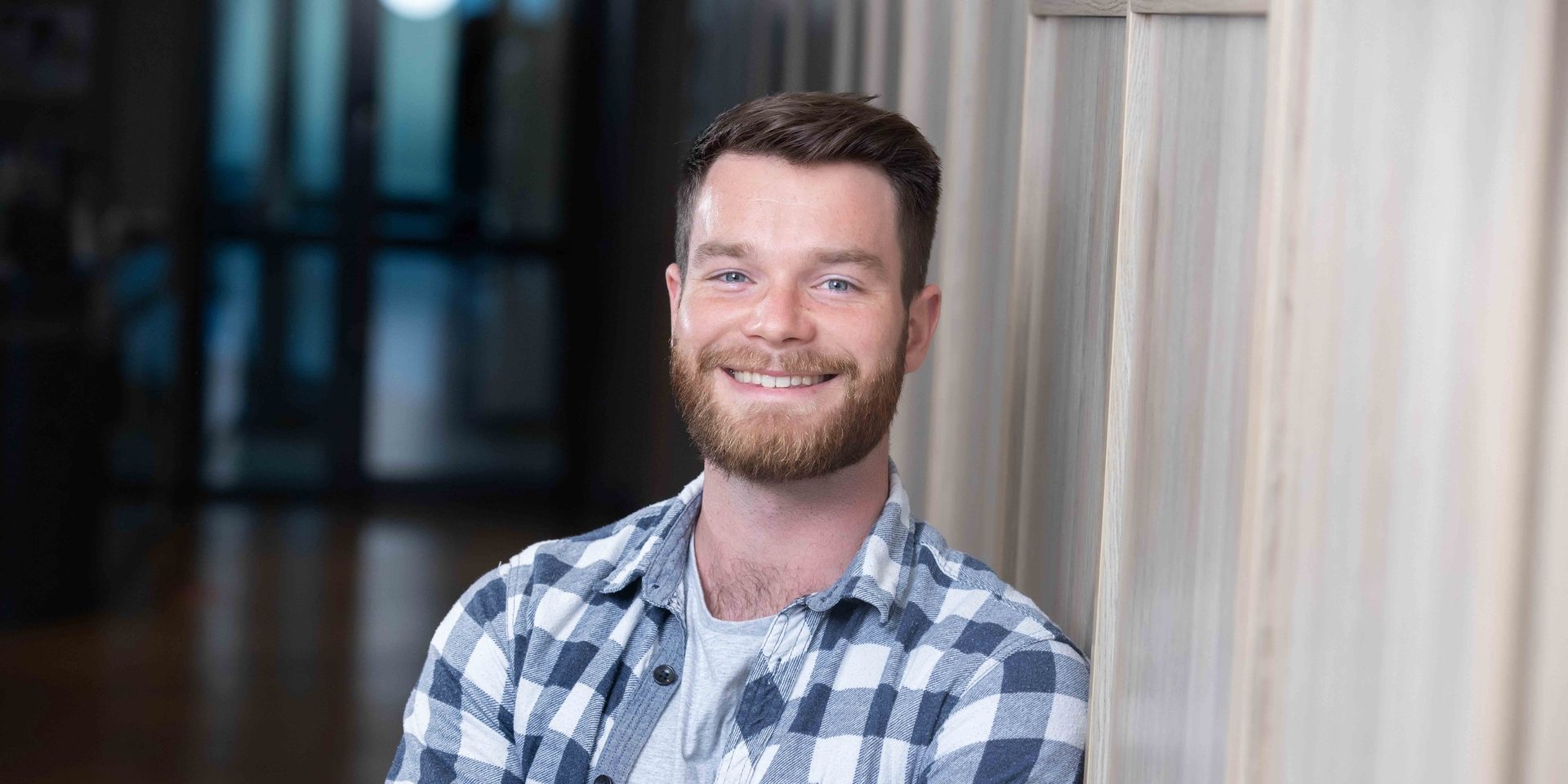
Meet Leon Booth, Research Fellow at The George Institute
Leon joined the Food Policy team at The George Institute, Sydney, in February 2021. With a Bachelor’s degree in Psychology, Leon initially set out to be a psychologist, but became increasingly interested in research during his undergraduate studies. He has recently finished his PhD research project on behavioural changes associated with Parkinson’s disease at Curtin University in Western Australia.
Leon says, “I have been drawn to public health research because it strikes me as an area that can really make a positive difference to people’s lives. I have been fortunate enough to work across several areas in a short amount of time, including alcohol consumption, gambling, use of active transport, and autonomous vehicles.”
Leon is driven by his passion to produce research that can lay the foundation for evidence-based policies. Echoing The Institute’s mantra, Leon believes that when evidence informs policy, the decisions that follow build a better and healthier society. This may sometimes run contrary to vested interests but the fight for public health must be led by evidence and researchers have a crucial role to play in this.
“During my time as a public health researcher, I have become more and more aware that powerful industries do not necessarily act according to the public’s best interests. I think that research plays a crucial role in holding these industries accountable and uncovering truths about their practices to inform the public and policy makers.”
Recently, Leon published a study looking at the harmful effects of scratchies, lotteries, and bingo – often considered ‘softer’ forms of gambling. He and his team analysed responses from 2000 Australians on gambling products and found that while most recognised pokies, casino games, and sports betting as harmful, very few called out scratchies, lotteries, and bingo, despite these being in the top ten most harmful gambling products.
Leon says that with Australians being some of the world’s biggest gamblers and with rates going up during the COVID-19 pandemic, it is time to look at effective ways to minimise gambling-related harm.
“These ‘softer’ forms of gambling have become so normalised that people don’t see them as gambling, and they are also highly accessible. The promise of instant rewards makes scratchies appealing to problematic gamblers, too,” he adds.
Leon is currently working on a research project that studies the potential public health implications of autonomous vehicles (AVs). The project is investigating how to implement AVs in a manner that will benefit public health outcomes.
“The introduction of AVs is likely to change our lives in many ways. This includes changes to our lifestyle behaviours such as the food we eat, how we commute, our engagement in exercise, and even how much alcohol we consume. We want to examine ways in which AVs can be introduced to encourage healthy behaviours and choices.”
Motivated to work on research projects that can have lasting impact and help build resilient, healthier societies, Leon has embarked on a career at The George, keen to learn from the best in the field.
“The George Institute has an excellent reputation and really values their employees. It strikes me as an amazing place for an early career researcher to develop their skills and be involved in a collaborative network of world-leading researchers. I am incredibly grateful for the opportunity to conduct my research here and excited to see what the next few years bring.”
“In my spare time I enjoy keeping active and socialising. Now that I am in Sydney, I think I will finally have to learn how to surf!”

